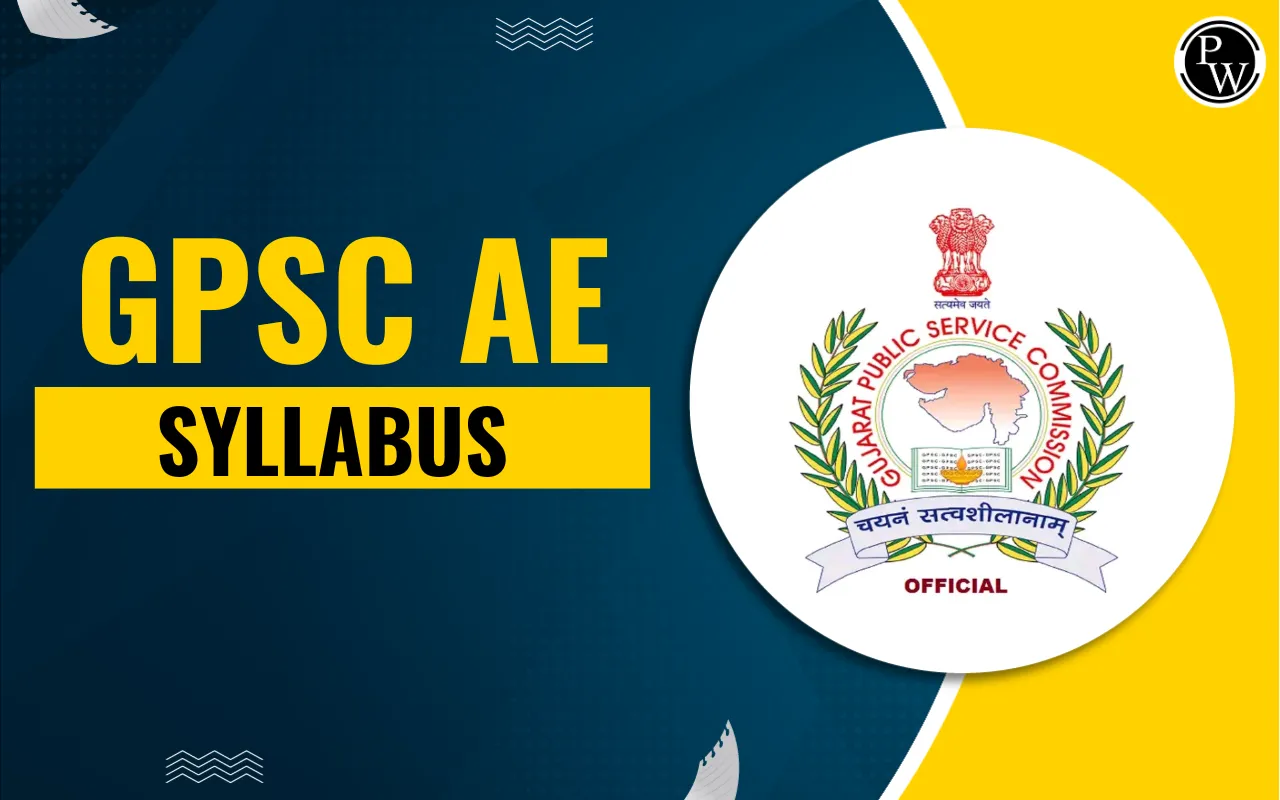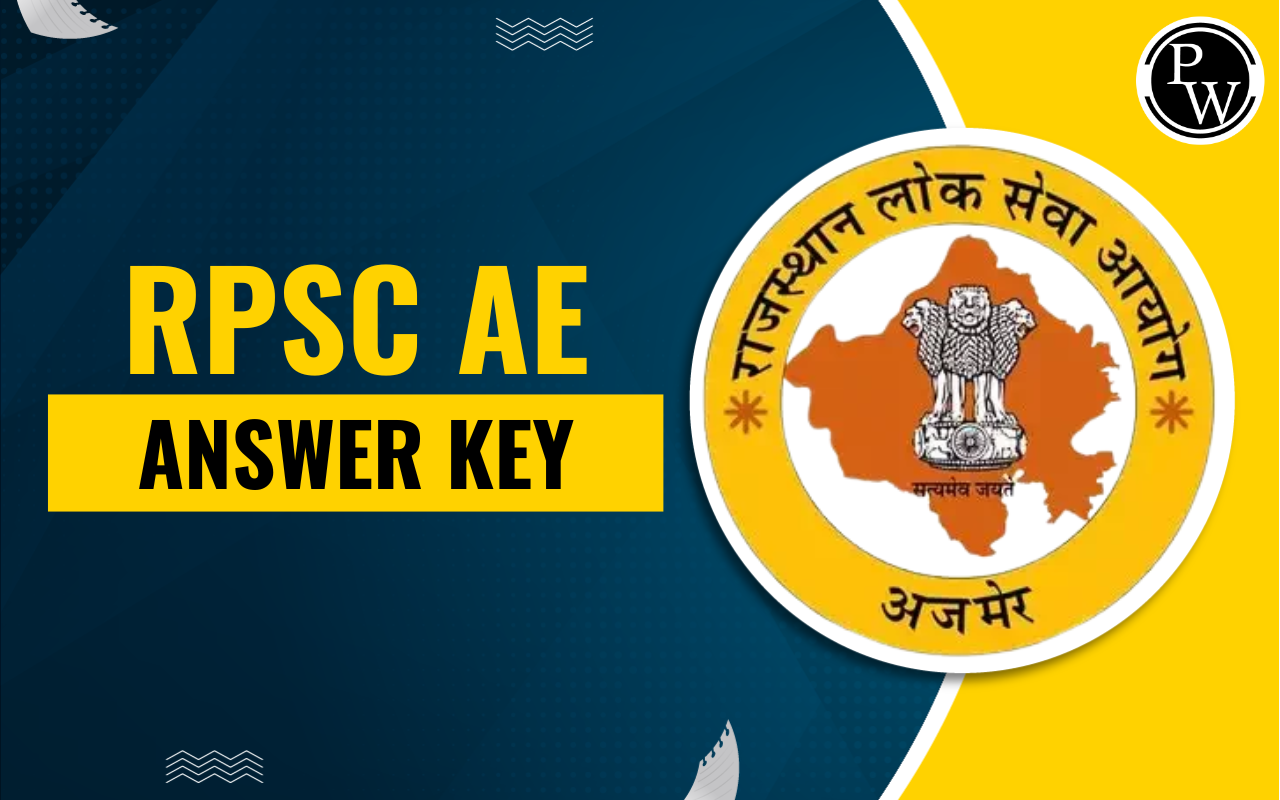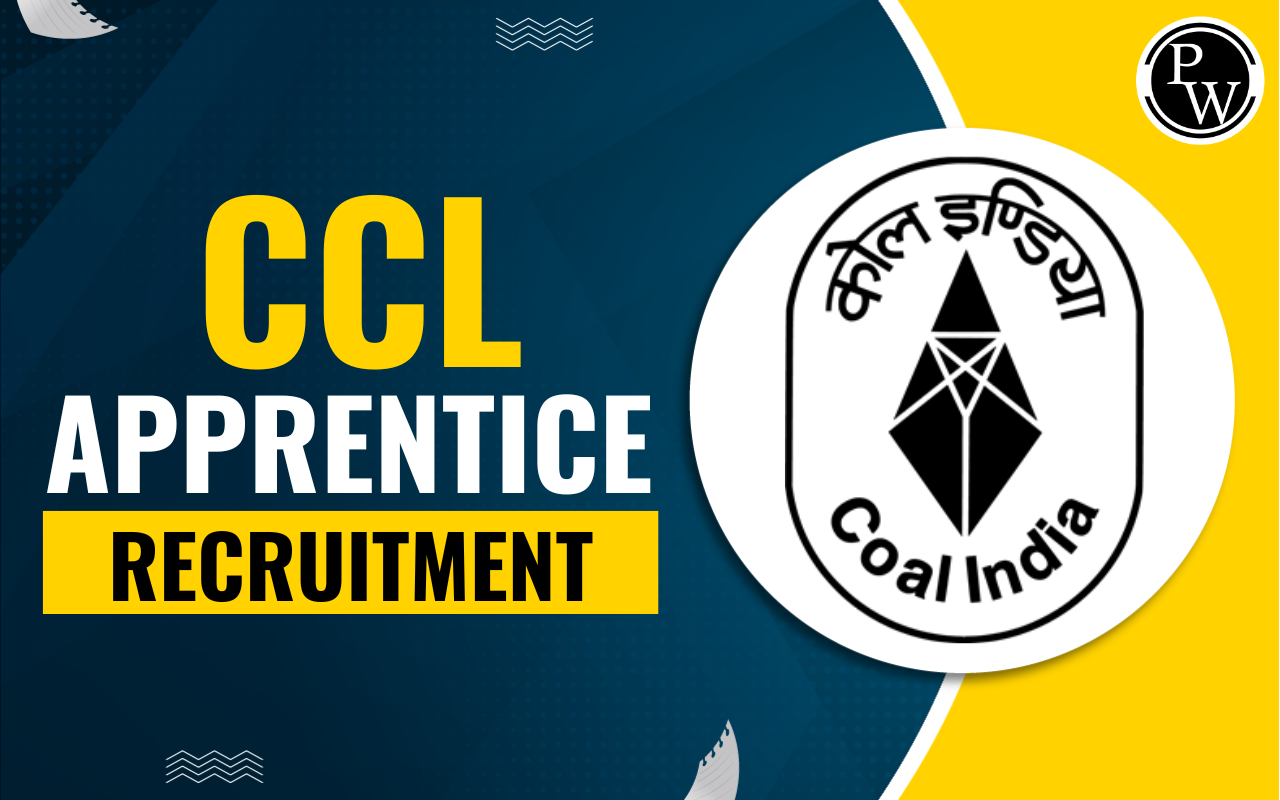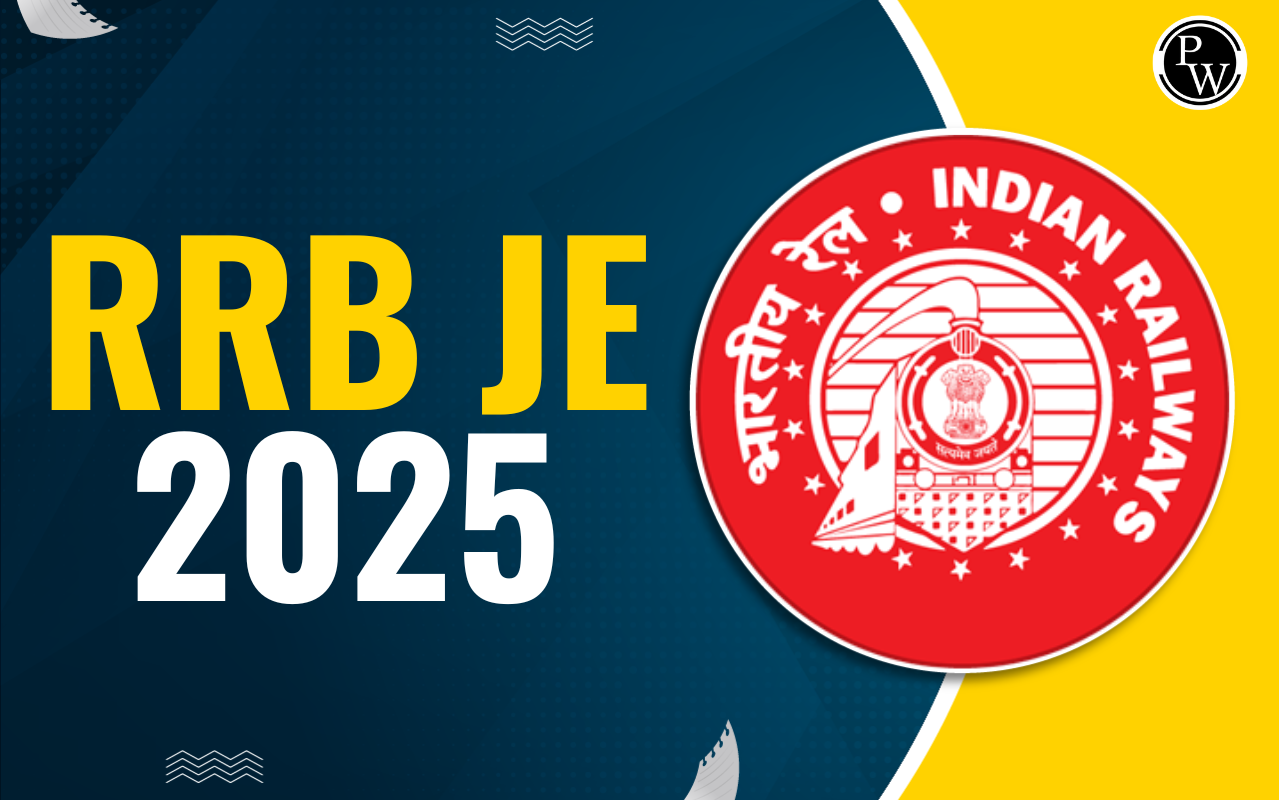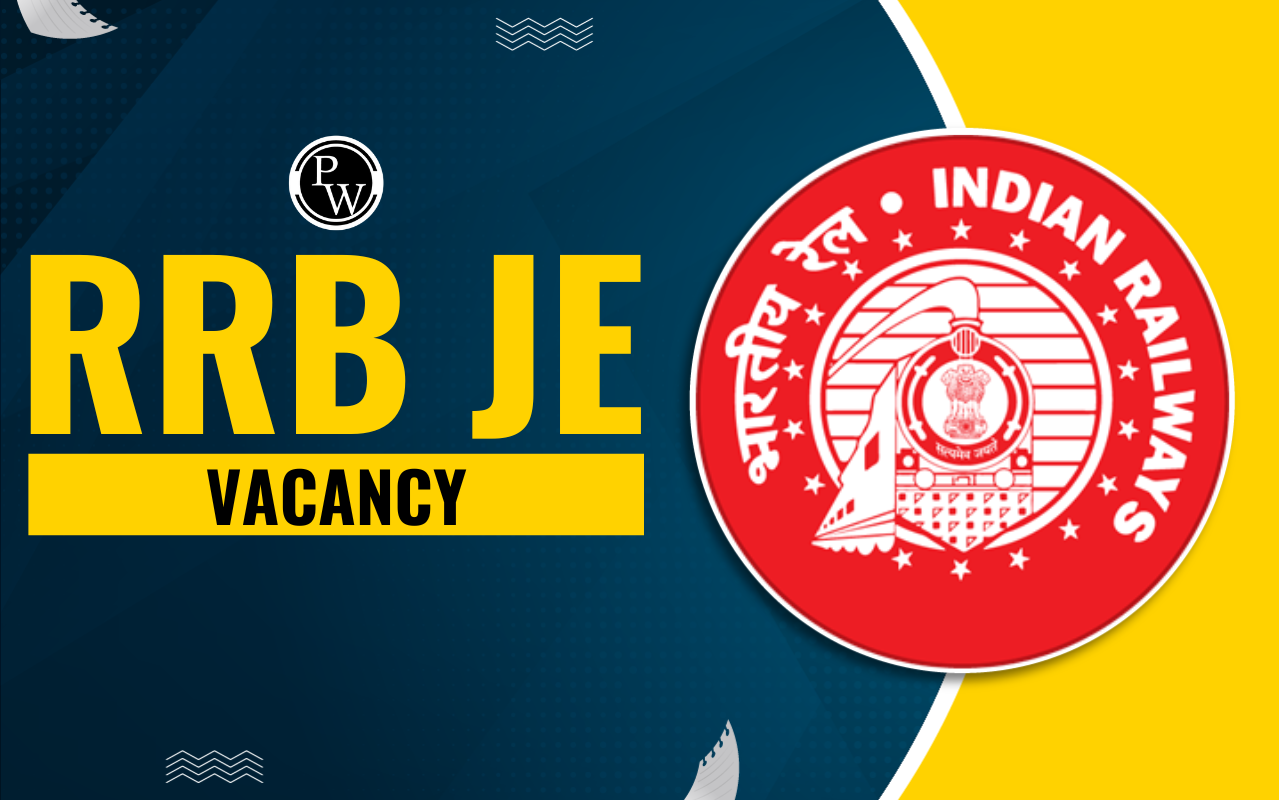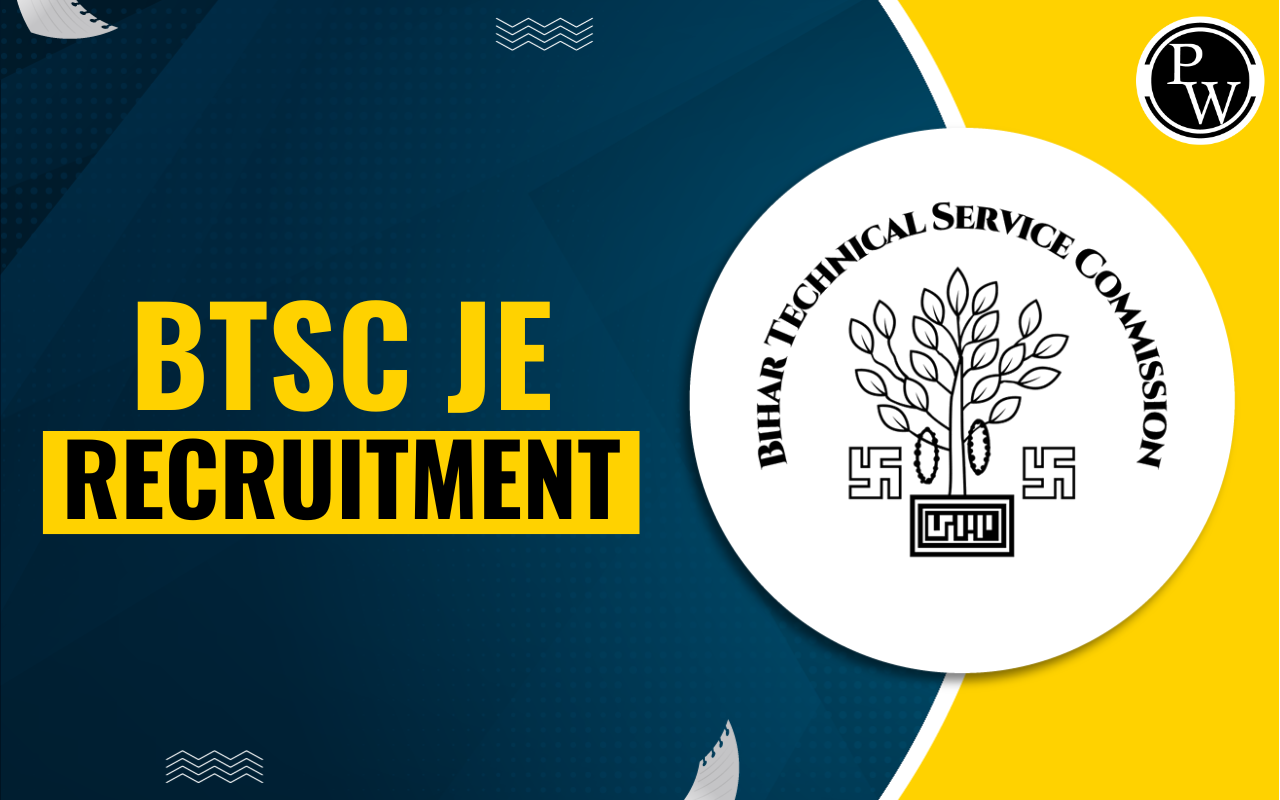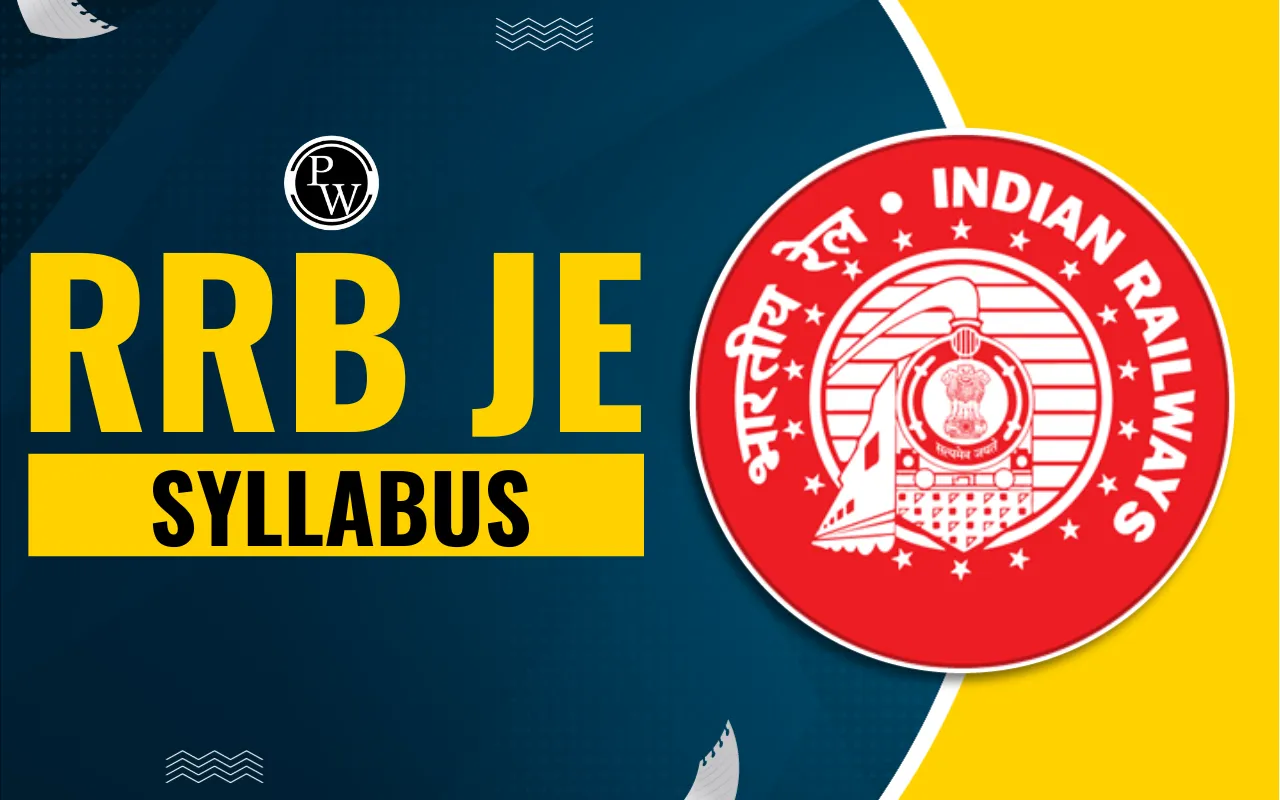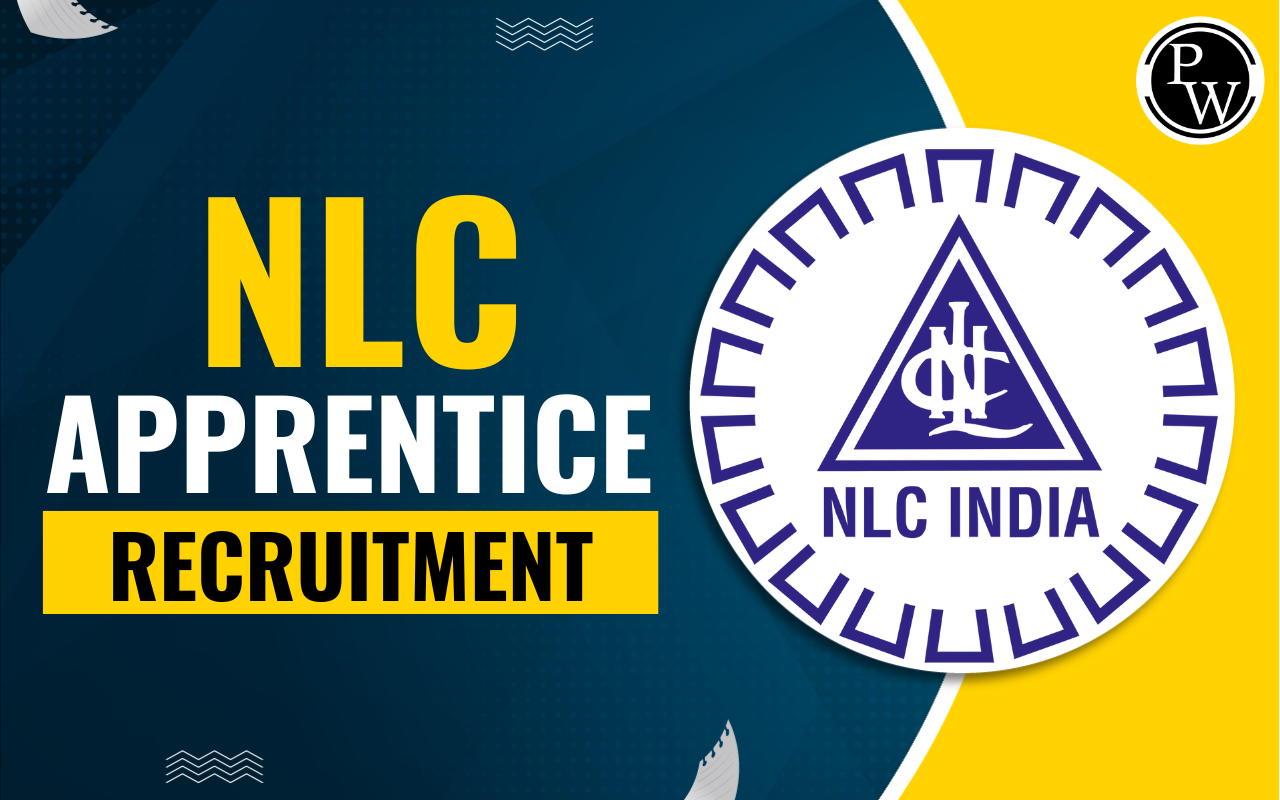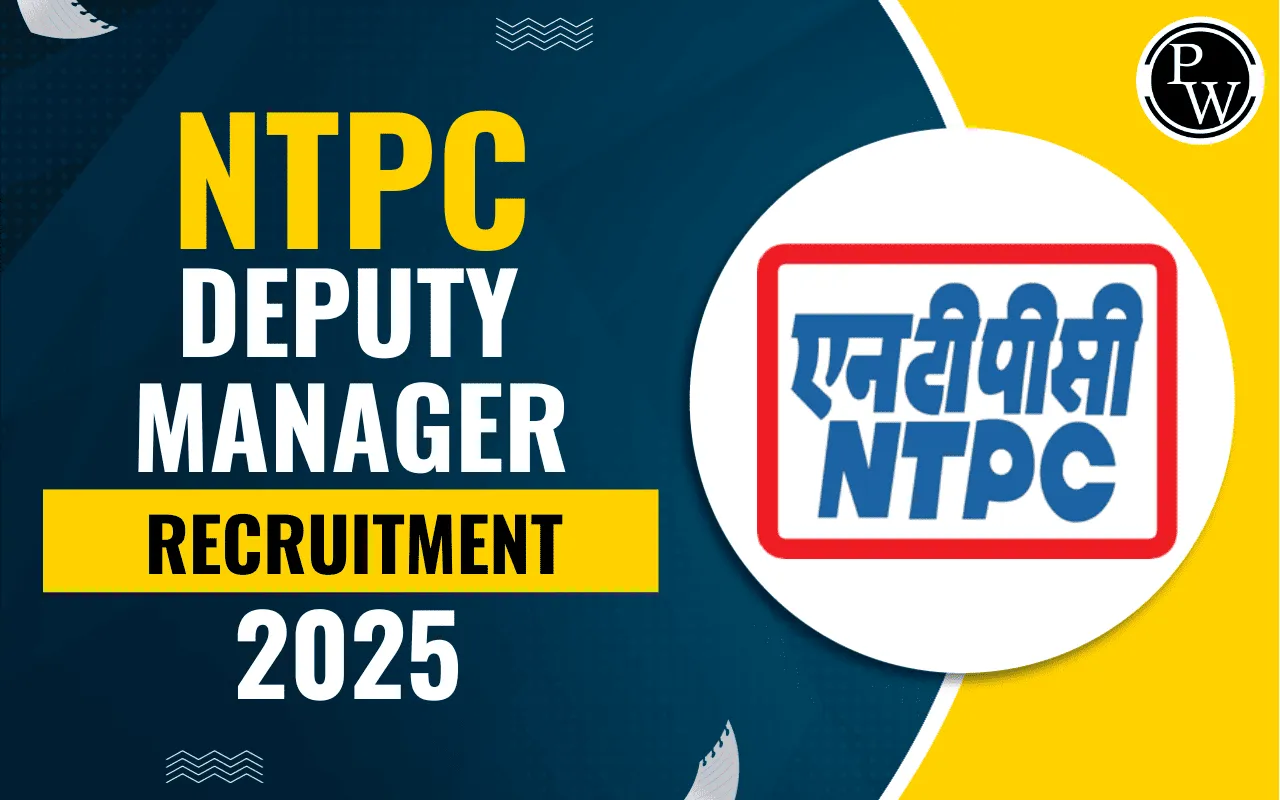
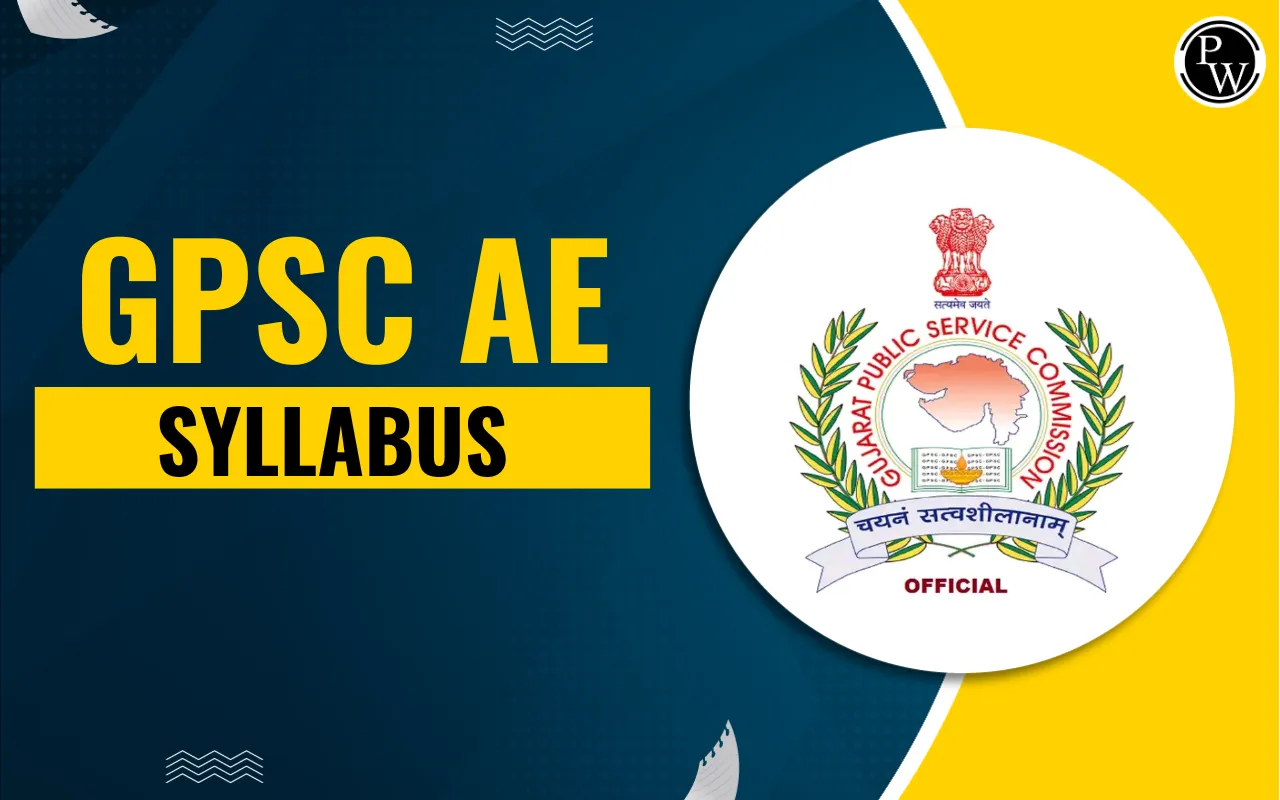
GPSC AE Syllabus 2025: The Gujarat Public Service Commission (GPSC) has released the official syllabus for the GPSC AE recruitment exam 2025. The exam will be conducted to fill 139 Assistant Engineer (Electrical), Class 2 vacancies in the Road and Building Department.
Understanding the GPSC AE Syllabus 2025 is crucial for candidates as it outlines the exact topics and subjects from which questions will be asked, ensuring focused and effective preparation.
A well-structured syllabus helps aspirants allocate their study time efficiently, identify their strengths and weaknesses, and ultimately increases their chances of success in this highly competitive exam.
GPSC AE (Electrical) Syllabus 2025
The GPSC AE (Electrical) Syllabus 2025 has been specified by the Gujarat Public Service Commission. The syllabus is classified into two sections: General Studies (100 marks) and Concerned Electrical Engineering Subjects (200 marks).
Candidates must review the comprehensive syllabus and exam pattern to prepare effectively. The selection procedure for the GPSC Assistant Engineer includes two stages: Preliminary Written Test and Personal Interview. A detailed knowledge of the syllabus is essential for aspirants to ensure thorough coverage of all topics.
GPSC AE Syllabus 2025 PDF
The Gujarat Public Service Commission has published the GPSC AE Syllabus 2025 in PDF format at the official website, gpsc-ojas.gujarat.gov.in.
The syllabus PDF outlines the topic-wise breakdown of the syllabus for both General Studies and Electrical Engineering subjects. Candidates must click on the direct link to download the detailed syllabus PDF and refer to it to prepare systematically.
GPSC AE Exam Pattern 2025
The GPSC AE exam assesses candidates' knowledge across General Studies and specific Electrical Engineering subjects. The exam is conducted online and consists of objective-type questions.
The General Studies is worth 100 marks, and the Electrical Engineering sections weigh 200 marks. The exam ends in 3 hours. Candidates will earn 1 mark for every correct answer, with a penalty of 1/3 mark for every wrong answer.
| GPSC AE Exam Pattern 2025 | |||
|---|---|---|---|
| Subject | No. of Questions | Marks | Duration |
| General Studies | 100 | 100 | 60 minutes |
| Electrical Engineering | 200 | 200 | 120 minutes |
| Total | 300 | 300 | 180 minutes |
GPSC AE Syllabus 2025 - Topic-wise
The GPSC Assistant Engineer Syllabus is designed to assess in-depth knowledge of aspirants across General Studies and Electrical Engineering (degree level). Here is the topic-wise breakdown of the syllabus for all subjects:
| GPSC AE Electrical Syllabus - Topic-wise | |
| Subject | Syllabus |
| Part I: General Studies | |
| General Studies |
|
| Part II: Electrical Engineering | |
| Basic Electrical Engineering | DC circuits, AC circuits, Transformers, Electrical Machines, Power Converters, Electrical Installations, and related scientific laws. |
| Electrical Circuit Analysis |
Network Theorems, Solution of First and Second Order Networks, Sinusoidal Steady State Analysis, Electrical Circuit Analysis Using Laplace Transforms, Two Port Networks and Network Functions, Analog Electronic Circuits.
|
| Electrical Machines | Magnetic fields and magnetic circuits, Electromagnetic force and torque: DC machines, DC machine-motoring and generation, Transformers, Fundamentals of AC machine windings, Pulsating and revolving magnetic fields, Induction Machines, Single-phase induction motors, Synchronous machines. |
| Electromagnetic Fields | Review of Vector Calculus, Static Electric Field, Conductors, Dielectrics and Capacitance, Static Magnetic Fields, Magnetic Forces, Materials and Inductance, Time Varying Fields and Maxwell's Equations, Electromagnetic Waves. |
| Digital Electronic | Fundamentals of Digital Systems and logic families, Cornbinational Digital Circuits: Sequential circuits and systems, AID and DIA Converters, Semiconductor memories and Programmable logic devices. |
| Power Electronics | Power switching devices, Thyristor rectifiers, DC-DC buck converter, DC-DC boost converter, Single-phase voltage source inverter, Three-phase voltage source inverter. |
| Signals and Systems | Introduction to Signals and Systems, Behavior of continuous and discrete time LTI systems, Fourier, Laplace, and z-transforms, Sampling and Reconstruction. |
| Power Systems |
Basic Concepts, Generation, Power System Components, Transformers, Synchronous Machines, Over-voltages and Insulation Requirements, Generation of over-voltages, Fault Analysis and Protection Systems, Switchgear, Introduction to DC Transmission and Renewable Energy Systems, Power Flow Analysis, Stability Constraints in synchronous grids, Control of Frequency and Voltage, Monitoring and Control, Power System Economics and Management. Power System Protection: Introduction and Components of a Protection System, Faults and Over-current Protection, Equipment Protection Schemes, Digital Protection, Modeling and Simulation of Protection Schemes, System Protection. |
| Control Systems | Introduction to Control Systems, Feedback Control, Time Response Analysis, Concept of Stability, Frequency-response analysis, Introduction to Controller Design, State Variable Analysis, Introduction to Optimal Control, and Non-linear Control. |
| Microprocessors | Fundamentals of Microprocessors, the 8051 Architecture, Instruction Set and Programming, Addressing modes, Memory and I/O Expansion Buses, Control Signals, Memory wait states, Interfacing of peripheral devices, such as General Purpose I/O, ADC, DAC, Timers, Counters, and Memory Devices. |
| HVdC Transmission Systems | DC Transmission Technology, Analysis of Line Commulated and Voltage Source Converters, Control of HvdC Converters, Components of HVdC Systems, Stability Enhancement using HVdC Control, MTdC Links. |
| Electrical Energy Conservation and Auditing | Energy Scenario, Basics of Energy and its various forms, Energy Management and Audit, Energy Efficiency in Electrical and Industrial Systems, Energy Wheeling and Energy Banking. |
| Industrial Electrical Systems | Electrical System Components, Residential and Commercial Electrical Distribution and Wiring Systems, Illumination Systems, Industrial Electrical Systems I and II and automation. |
| Non-Conventional Sources of Energy | Non-Conventional Energy Sources, Bureau of Energy Efficiency, Gujarat Energy Development Agency, Gujarat Solar Power Policy-2021, Gujarat Waste to Energy Policy-2022, Gujarat Wind Power Policy-2016, Gujarat Wind Solar Hybrid Power Policy 2018-19, Gujarat Small Hydel Power Policy-2016, Gujarat Renewable Energy Policy-2023. |
| Electricity Acts and Rules | Electricity Act 2003, Indian Electricity Rules 1956, Gujarat Electricity Industry (Reorganization and Regulation) Act 2003, Tariff and Functions of Electricity Regulatory Commission, IS 732, IS 3043, Energy Conservation Act 2001, as amended from time to time. |
| General Engineering | Electromechanical Systems: Lift and escalators, HVAC Systems in Buildings, NBC 2016: Lift Energy Power Emergency power systems, Lightning Protection, Fire Safety, DG set, Electrical Safety. ELV Commercial Systems: CCTV camera, BMS system, Auto-video system, Computer networking, NEC 2023, Fire Fighting System, Fire Alarm System, Street Lighting, Pumping. |
| Miscellaneous | Current Trends and Recent Advancements in the Field of Electrical Engineering |
Explore PW AE JE Online Courses to prepare effectively for the SSC JE, RRB JE, and other upcoming AE/JE examinations. Access structured study material with mock tests, e-books, etc., to gear up your exam preparation.
GPSC AE Syllabus 2025 FAQs
How can I download the GPSC AE Syllabus 2025 PDF?
What are the major GPSC AE Electrical Engineering subjects?
How many sections are there in the GPSC AE Electrical exam?
Is there a negative marking in the GPSC AE exam?

